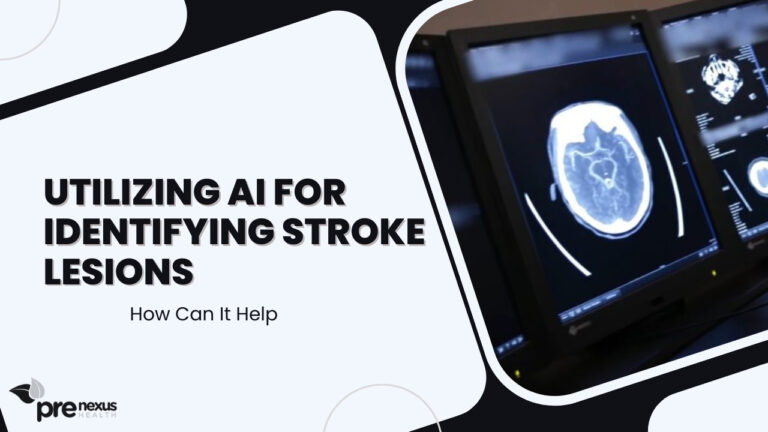Artificial Intelligence (AI) might soon become a crucial tool for neurologists in identifying the location of strokes within the brain. A groundbreaking study has shown how AI, specifically a large language model known as GPT-4, can analyze health histories and neurological exams to pinpoint brain lesions according to an NCBI study.
Strokes are serious medical conditions that can lead to lasting disabilities or even death. Understanding exactly where a stroke has occurred is critical for determining its long-term impacts, such as speech and language issues or mobility problems, and for deciding on the most effective treatment plan.
Traditionally, neurologic exams, which assess symptoms and conduct thinking and memory tests, combined with health history reviews, help locate lesions – areas of damaged brain tissue caused by strokes. Brain scans are often used to confirm the presence and location of these lesions.
Recognizing that not everyone has access to brain scans or specialist care, Dr. Jung-Hyun Lee from the State University of New York (SUNY) Downstate Health Sciences University in Brooklyn, and a member of the American Academy of Neurology, sought to explore whether GPT-4 could offer a viable alternative.
By inputting text from 46 published stroke cases, including patients’ health histories and neurological exam results, into GPT-4, the researchers were able to test the AI’s ability to determine the presence, side, and specific region of brain lesions.
The results were promising, with GPT-4 successfully identifying lesion locations, particularly the side of the brain and specific regions affected, with high sensitivity and specificity. However, it struggled with lesions in the cerebellum and spinal cord.
GPT-4 showed consistency in its findings across multiple tests for each case, suggesting a potential future role in supporting stroke diagnosis, especially in underserved areas with limited access to neurologic care. This technology could bridge healthcare gaps globally, offering support in multiple languages.
The study’s findings, though not ready for clinical use, underscore the potential of AI in enhancing healthcare, particularly for stroke diagnosis.
The accuracy of GPT-4, and similar models, relies heavily on the quality of the input data, highlighting the importance of comprehensive health histories and thorough neurologic exams for optimal results.
I am a retired internal medicine physician named Dr. William Tousignant. With over three decades of experience in the field of geriatric care, I specialized in diagnosing and managing health issues among senior patients throughout my career.


